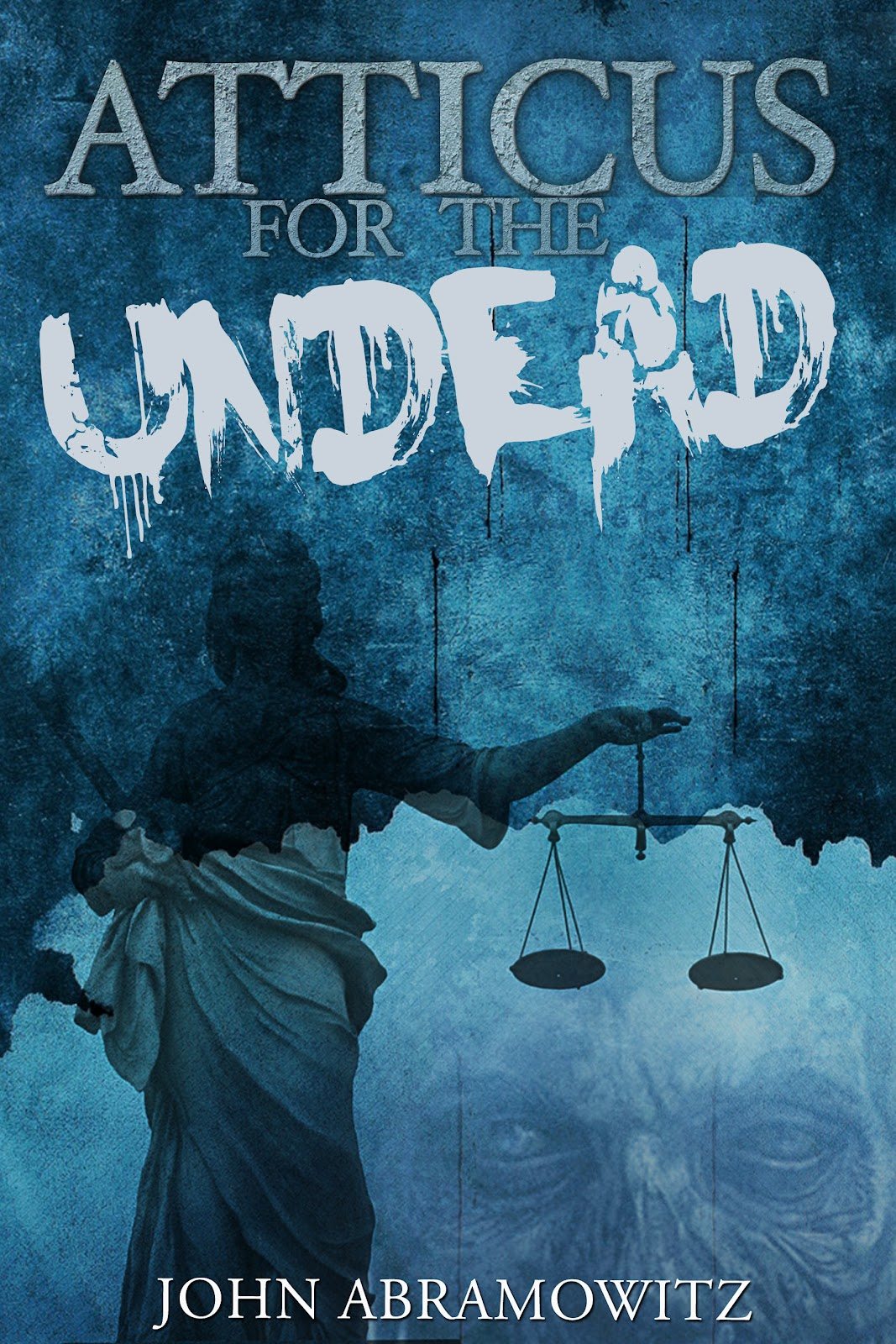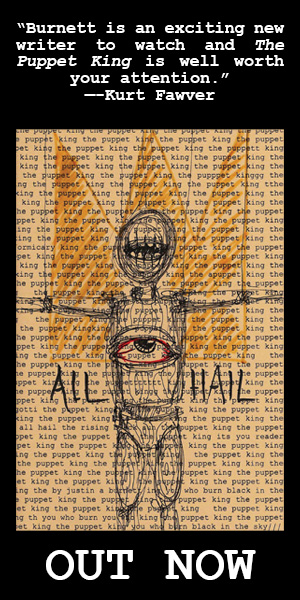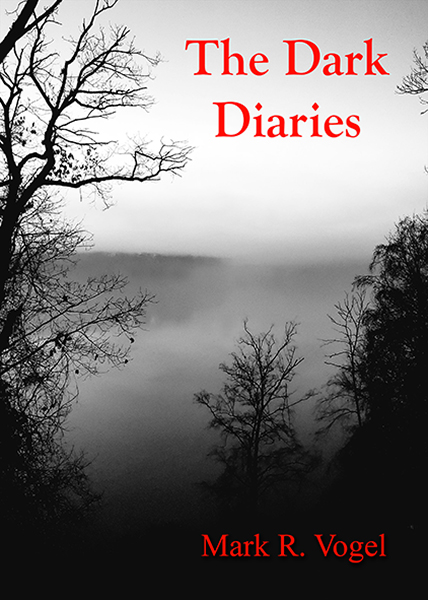Atticus for the Undead is more a legal procedural than a zombie novel, and it takes a very different road through the Urban Fantasy landscape. Yeah, I said Urban Fantasy, not horror.
Hunter Gamble is a young lawyer who represents the arcane–vampires, witches, mages, and of course, zombies. Sam Pollard OD’ed after graduate school, and when his father couldn’t bear with the thought of his loss, a resurrection spell brought him back–not as a living person, but as a ‘smart’ zombie. When Sam is accused of killing his friend Holly, Hunter takes the case, convinced that Sam did not succumb to the Hunger, and did not kill her. The plot centers around Sam’s murder case, and in this sense it’s more like an episode of CSI than it is a zombie novel.
Zombie fans looking for a thriller be warned: there is almost zero action in this book. If you want constant gore and guts or a desperate struggle for survival, this is absolutely, positively not the book for you.
The Good: The novel is well-written, unassuming, and easy to read. I finished it in two days only because I had other things I needed to do. Mr. Abramowitz blends civil rights, murder, and the duty of attorneys together while not taking it all too seriously, and he does it well. There’s just enough legalese to make it all believable, and there’s just enough background that you want to know more about the world at large that Mr. Abramowitz has created. I look forward to the sequel.
The Bad: Hunter is a likeable–almost too likeable–protagonist, but like the rest of the characters he isn’t well fleshed-out. By the end of the book we know little about him, except that he’s a lawyer, a nice man, and is concerned about his father’s opinion. There’s a general lack of depth to the characters that leaves something to be desired.
To some degree the author must have intended to make his characters tropes instead of real people–else, he wouldn’t have named the teenaged witch “Sabrina”, wouldn’t have made the lefty-do-gooders quite so do-goody, and wouldn’t have made the religious-zealot-bigots quite so zealot-bigoty. So while it’s obvious it was deliberate, I think it would have been a stronger book had he made them more real.
The Ugly: Most of the way through the book there’s a left-turn–it’s not something I can discuss without massive spoilers, so I’m going to be vague: some characters take a course of action that makes absolutely zero sense. Though I have to give the author props for rejecting slavish adherence to legal procedural clichés, unfortunately in this case it’s just not a credible development.
The ending makes up for this flaw, but it also shows that it wasn’t necessary–and indeed, the book would be stronger without it.
The Verdict: Atticus for the Undead is a fun, fast read, perfect for a day on the beach or locked in some arcane’s basement.
Available on Amazon





